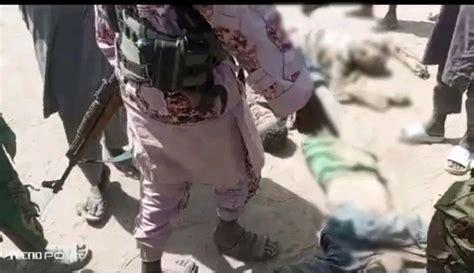A bomb that was planted by the Islamic State of the West African group in a building located in the Dogon Gida village, along the route between Krenowa and Marte in Borno State, exploded, resulting in the deaths of at least six ISWAP terrorists and injuring several others.
Reports indicate that the terrorists were dispatched on six motorbikes from Kwalaram with the intention of planting improvised explosive devices (IEDs) targeting Nigerian Army soldiers participating in Operation Lake Sanity.
It appears that while the terrorists were in the process of laying the IEDs, one of the devices detonated unexpectedly, leading to the deaths of six of them and causing injuries to four others, with varying degrees of severity.
According to the information provided, only three out of the initial 13 terrorists who embarked on the operation returned without any injuries.
Borno state has been facing significant security challenges since the emergence of the Boko Haram terrorist group in 2009.
This insurgent group has perpetrated numerous acts of violence, including bombings, kidnappings, and attacks on civilians and security forces.
The prolonged conflict has led to widespread displacement, loss of lives, and destruction of infrastructure, severely affecting the lives and livelihoods of people in the region.
Efforts to address the insurgency have involved military operations, counterinsurgency strategies, and international cooperation, yet the threat persists, causing ongoing instability and humanitarian crisis in Borno and neighboring areas.
The situation has prompted complex socio-political and economic repercussions, requiring multifaceted approaches to tackle the root causes and facilitate sustainable peace and development in the region.

